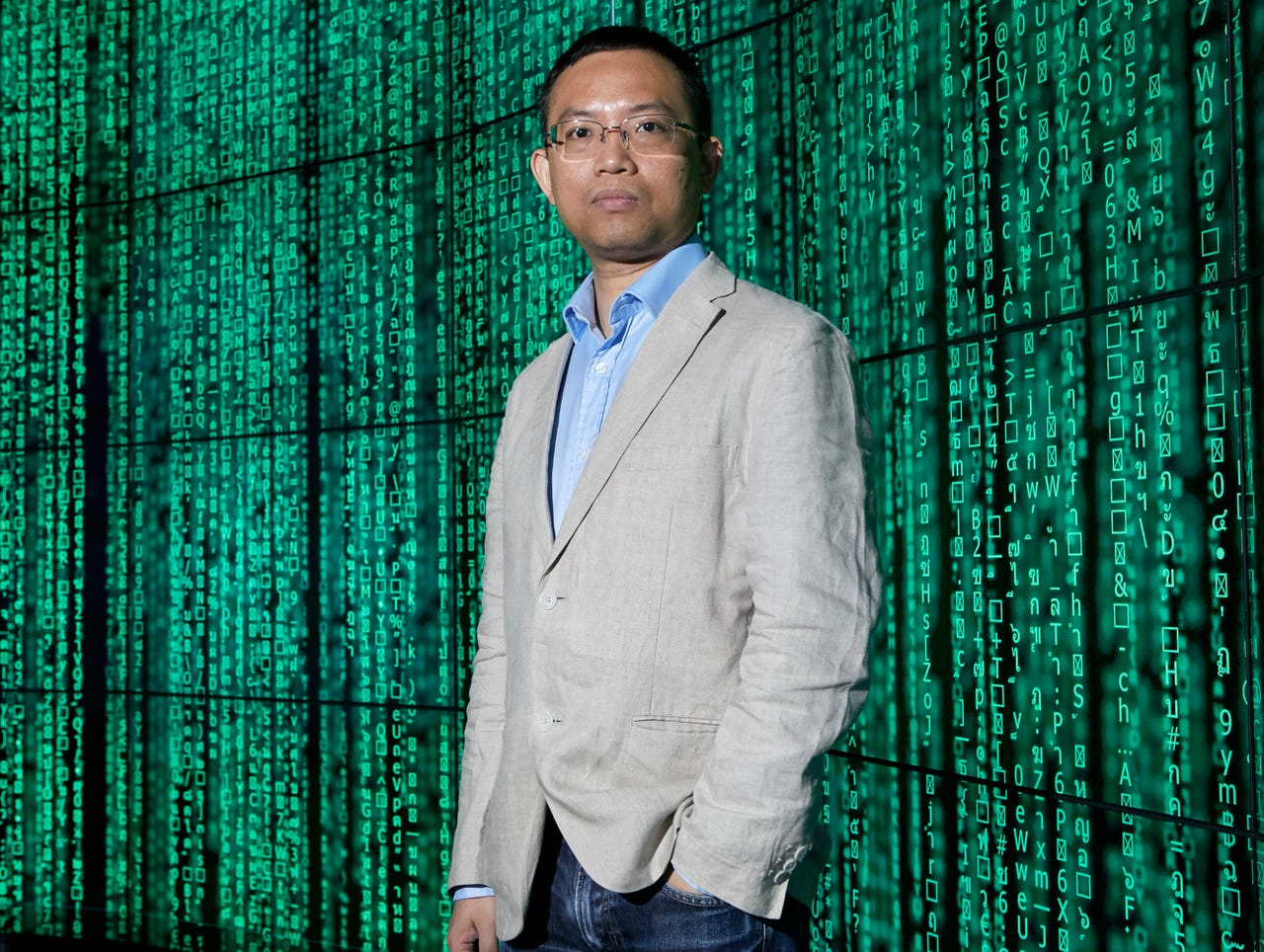Monash Uni widens blockchain research scope with new centre


Monash University associate professor Joseph Liu has been appointed as the director of the Monash Blockchain Technology Centre.
Monash University has launched a research centre dedicated to blockchain that will see different faculties within the university and its international partners in the Asia-Pacific region develop and demonstrate the usability of blockchain technology.
The Monash Blockchain Technology Centre (MBTC) will be headed up by Monash University associate professor Joseph Liu as director, who explained to ZDNet that the creation of the MBTC comes off the back of a blockchain research lab that already exists within the university's faculty of IT.
"We have a blockchain research lab that was established two years ago. But the research lab is just an internal research lab within the IT faculty, and we found that blockchain is not just restricted to IT," he said.
"This technology can be applied to many disciplines such as digital health, smart energy, supply chain, or fintech. That's why we want to create a cross interdisciplinary platform at the university level, not just a faculty level."
According to Liu, within the internal research lab, the university has already developed a blockchain cryptocurrency for fintech firm CollinStar Capital called Hcash, and will use the learnings from that to apply the technology elsewhere.
SEE: How blockchain will disrupt business (ZDNet/TechRepublic special feature) | Download the free PDF version (TechRepublic)
Liu said the IT faculty will now work with affiliate members from other faculties including engineering, law, medicine, and business, as well as international partners such as Shanghai Jiao Tong University and CollinStar Capital to look at ways in which blockchain technology can be applied.
He said one of the initial areas that the lab will explore is food provenance.
"Because Australia is a food exporting country from beef, honey, wine … to other countries such as China, the customer in China wants to make sure the food is really coming from Australia and it's not fake," Liu said.
"We can pull this data collected from the farm, the suppliers, logistics, the courier from Melbourne to Shanghai … into the blockchain system, so that the customer in China can track easily that this beef is really coming from Melbourne.
"Because of the properties of blockchain, this data cannot be modified when it's delivered, so they have confidence to pay a higher price to get a real food product from Australia."
In addition, Liu said Monash will deliver blockchain training and targeted micro-credentials, such as by offering short courses to allow people at executive level to learn how the technology can be used to improve their business, adding blockchain subjects to its Masters of Cybersecurity, and establishing a joint PhD program with Shanghai Jiao Tong University.
Earlier this year, researchers at Monash University claimed the development of a blockchain system that is capable of defending against malicious activity, or at least making it very expensive for the attacker to do so.
According to Monash, its RepuCoin system introduces the concept of "reputation" to blockchain. The university believes that its system makes recoding blockchain information very hard.
"When RepuCoin has operated for a year, attacking the system with 68% of its total mining power would take at least six months and would be at least 5,760 times as expensive as conducting the same attack on bitcoin," Dr Jiangshan Yu from Monash said at the time.
Related Coverage
ASX bets blockchain hype will subside in a few years
Just give it another two to seven years, ASX deputy CEO Peter Hiom reckons.
Hahn Air claims first blockchain-powered airline ticket
The German airline partnered with Winding Tree to send passengers holding blockchain-powered tickets from Dusseldorf to Luxembourg.
Could blockchain be the answer for Australia's digital health record?
With privacy and security concerns still plaguing My Health Record, Gartner fellow and VP David Furlonger ponders a future where blockchain could actually help.
Blockchain helps enterprises' digital ecosystems in Asia-Pacific
While blockchain solutions are maturing, most business and technology decision makers are unclear as to how blockchain can deliver actual business value to their organization.